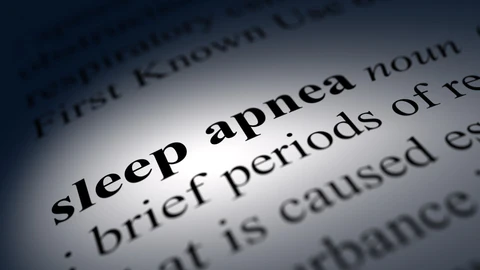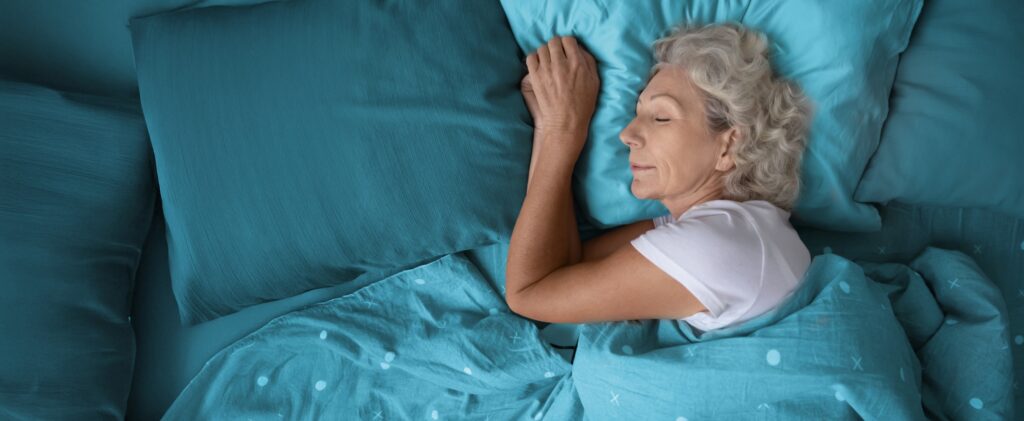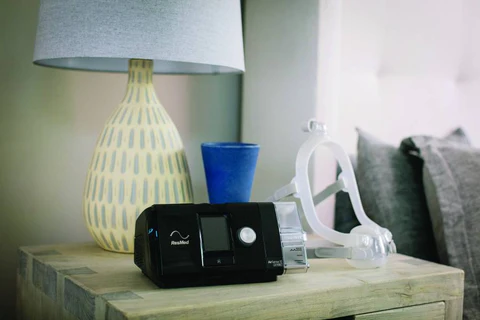Do you experience fatigue, snoring, or difficulty sleeping? If so, you may have a condition called sleep apnea. It is a severe sleep disorder that can significantly impact the quality of life. Sleep apnea can increase the risk of stroke, heart attack, and other health issues if left untreated. Fortunately, there are natural ways to reduce sleep apnea symptoms and improve sleep quality. With a few lifestyle changes and the correct information, you can naturally uncover the hidden truths to improve sleep apnea.
CAUSES OF SLEEP APNEA
People with sleep apnea experience repeated pauses in breathing during sleep. The result is fatigue, excessive daytime sleepiness, and an inability to concentrate. Unfortunately, this can also lead to an increased risk of high blood pressure and cardiovascular disease. Various factors, including genetics, aging, and specific health issues, such as congestive heart failure and obstructive sleep apnea, cause sleep apnea. In addition, excess weight and eating foods that create a toxic environment in the gut have also been linked to sleep apnea. This is because these factors make it harder for the body to maintain a healthy rhythm during sleep.
THE HIDDEN TRUTH: WEIGHT LOSS
The fact is that sleep apnea can be caused by excess weight. A person who is obese is at a higher risk of developing sleep apnea than someone who is an average weight. The reason for this is that being overweight causes the throat’s soft tissues to expand, further restricting breathing and worsening sleep apnea. So, the first step to uncovering the hidden truths to improve sleep apnea naturally is to lose weight. Studies have shown that even small amounts of weight loss can significantly impact sleep apnea. Losing just 5% of your body weight can improve sleep apnea symptoms. Unfortunately, many people do not realize that their sleep apnea is caused by excess weight. You can uncover the hidden truths to improve sleep apnea naturally with diet and exercise tips.
BENEFITS OF WEIGHT LOSS FOR SLEEP APNEA PATIENTS
Sleep apnea can be a frustrating condition to manage. While there are a variety of medications and surgery that are available, they come with severe risks and side effects. This can be frustrating as there may be effective solutions available. A recent study found that weight loss can be a great way to reduce sleep apnea symptoms. In addition to reducing the risk of cardiovascular disease and type 2 diabetes, the study found that sleep apnea patients who lose weight have a better quality of life. This can greatly benefit someone who experiences fatigue and lethargy after just a few hours of sleep.
STRATEGIES FOR LOSING WEIGHT
There are a variety of ways that you can lose weight and improve the rate of metabolism. These include eating fewer calories, eating smaller, more frequent meals, and avoiding snacks. While it is essential to avoid crash diets, you can use these strategies to lose weight slowly over an extended period. This is a great way to prevent the dangerous yo-yo dieting that is so dangerous for health. Aim for a slow and steady weight loss. This will help you avoid the perilous metabolic changes that occur with crash diets and maintain an improved metabolism that is more likely to result in long-term weight loss. Avoid consuming sugary beverages, including sodas, fruit, and energy drinks. These drinks contain acids that can suppress your feeling of fullness, causing you to overeat and consume more calories.
TIPS FOR IMPROVING SLEEP QUALITY
There are many strategies that you can use to improve sleep quality. These include avoiding alcohol, eating foods that promote relaxation, maintaining a regular sleep schedule, avoiding stimulants such as caffeine, and avoiding exposure to blue light. Avoid consuming alcohol while dieting, which can lead to disturbed sleep due to the stimulant effect. Also, avoid consuming caffeinated beverages such as energy drinks and coffee, as these can increase cortisol. This stress hormone can harm sleep quality. Keep a regular sleep schedule by going to bed at the same time every night and avoiding sleeping in on Saturdays and Sundays. This can lead to a disrupted sleep schedule, negatively impacting sleep quality.
HOW TO PUT THE HIDDEN TRUTH INTO PRACTICE
As with any health problem, it’s best to start by making minor changes to your diet. Instead of eating three large meals daily, try switching to five smaller meals throughout the day. For example, you might eat two breakfasts, a snack, lunch, dinner, and a final snack before bed.
In addition to making changes to your diet, you can also take certain supplements to improve your sleep apnea. Vitamin B6 is a natural sedative that can help you sleep better, while magnesium is a mineral that relaxes the muscles, including the muscles in the airways. Melatonin is another natural sleep aid, while calcium can help relax muscles and reduce sleep apnea symptoms.
OTHER NATURAL WAYS TO IMPROVE SLEEP APNEA
There are many natural trends that you can use to improve sleep apnea. These include:
- Increasing hydrostatic pressure in the veins of the head
- Hydrostatic pressure in the veins of the head can be increased by elevating the head of your bed or sitting in a chair about 6 inches. This can help promote better blood flow in the head, reducing the chances of blood pooling in the throat.
- Increasing water intake
- Water intake can be increased by drinking 1-2 liters of water when you wake up and 1-2 liters before you go to bed. This will help flush out the system and reduce the chances of a build-up of toxins in the body.
- Consuming essential fatty acids.
- Fatty acids, such as omega-3s found in fish oil, also aid sleep apnea. This is because omega-3 protects cells from oxidative stress which increase inflammation in the body.
If you are having trouble adjusting to your PAP therapy, Nationwide Medical’s professional staff can help you identify and overcome issues that may be preventing you from getting that good night’s sleep with your PAP therapy. Please call one of our experienced technicians for assistance at our toll free number (877) 307-2727.
Disclaimer: The information provided on Nationwidemedical.com is solely for educational purposes and should not be used as a substitute for professional medical advice, diagnosis, or treatment. Always seek the advice of your physician or other qualified healthcare provider with any questions you may have regarding a medical condition. Never disregard professional medical advice or delay in seeking it because of something you have read on this website. Nationwidemedical.com is not responsible or liable for any advice, course of treatment, diagnosis or any other information, services or products that you obtain through this site. Reliance on any information provided by Nationwidemedical.com is solely at your own risk.



